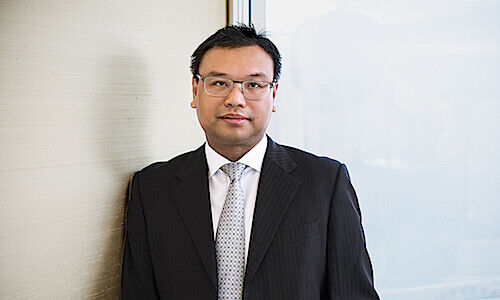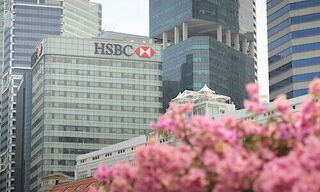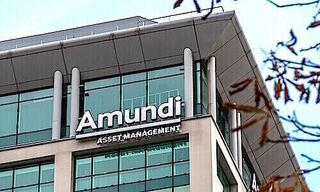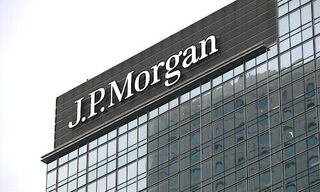A disciplined approach to diversification has enabled Lombard Odier to withstand market volatility and its impact on investment as well as business performance, the bank’s North Asia head of private clients David Loo told finews.asia.
With global equity and bond markets down in 2022 – including extra pain in Greater China – most private banks in Asia will be feeling the drag of lower trading volumes from the region’s notoriously self-directed, hands-on investors.
A handful of traditional pure-plays that are less dependent on trading and more on fee-based income are better positioned to withstand market turbulence and weak investor sentiment.
«Although we are seeing lower transactional activities overall this year, market swings don't have too big of an impact on our business,» said Lombard Odier’s North Asia head of private clients David Loo in a recent conversation with finews.asia. «We take a risk-based approach in managing portfolios meaning when market risk elevates, we tend to be more conservative than the market.»
Structured Products: Not a Fan
During bull markets, this conservative approach is unlikely to help Lombard Odier achieve the same business volumes or high-octane trading returns compared to competitors with massive structured product offerings and balance sheet access designed to express all sorts of strategic and tactical views.
In fact, the 226-year old private bank prefers to avoid many of the commonly traded structures in Asia’s local market.
«We want to be in the market as a disciplined investor rather than trading everything under the sun,» Loo explained. «Lombard Odier does not offer the majority of popular derivative products in Asia’s private banking market. Our trading clients focus mostly on cash products and some fixed coupon notes.»
Discretionary Demand
Instead, Lombard Odier’s private banking business in Asia has a strong focus on discretionary portfolio management (DPM) with a high double-digit penetration rate of client assets, according to finews.asia estimates – a rare feat due to the region’s strong share of self-directed investing.
The bank has not only reaped the benefits of diversified portfolios in weak markets but it also adjusted its product shelf in early 2022 to headline global portfolios and encourage even more diversification.
«At the beginning of the year, we revised our portfolios by shifting our focus in Asia away from local investments towards a more globally balanced, non-biased portfolio – a decision we made across all our offices worldwide,» Loo said. «This move towards a global focus will further support our objective of servicing clients wherever they are.»
Alternative Discipline
Even in alternatives, the bank is increasingly applying more discipline, once again with a risk-based focus on diversification, especially with regard to private market investments.
«We no longer look at private equity as an individual project investment,» Loo said, highlighting greater client demand despite historical reluctance due to illiquidity.
«A lot of private banks and brokers have positioned private assets as such, but that investment could swing quite a bit depending on the secondary market environment. At Lombard Odier, it’s important for us to analyze the pocket from the context of asset allocation, evaluate the risk-return profile and translate them into solutions for our clients.»
Covid Impact
Despite the bank’s ability to withstand market swings, Lombard Odier was not immune to the pandemic’s impact on day-to-day business operations.
«Due to travel restrictions in the last two years, our ability to meet prospective clients in person has been very much affected,» Loo said.
«As a team, we are planning to visit prospects in markets like Singapore, Thailand, and mainland China in the second half of the year. I really look forward to some positive changes.»
Reopening Opportunity
Following an extended period of no contact, Loo believes the biggest opportunity for private bankers in 2022 will be to reconnect with clients in-person to discover their needs at this stage in life, in light of a rapidly shifting global environment.
«This is especially important due to the sea of changes including lockdowns, the geopolitical environment, as well as a general shift in mindset in wealth positioning,» Loo shared.
«I believe these conversations will provide us with a lot of growth opportunities. We will continue to see uncertainties in the geopolitical landscape and hence we will need to be aware of the physical shift of our clients. We also offer immigration or emigration planning as part of family planning services, which has become more topical in recent times.»
Free Movement
Despite optimism about improved conditions in the near future, Loo has no illusions about increasing uncertainty and takes a pragmatic stance should the world continue to face stringent controls.
«If money and people cannot move as freely as before, the broader financial services industry will have to re-adapt to a new and more restrictive environment,» Loo added.



























